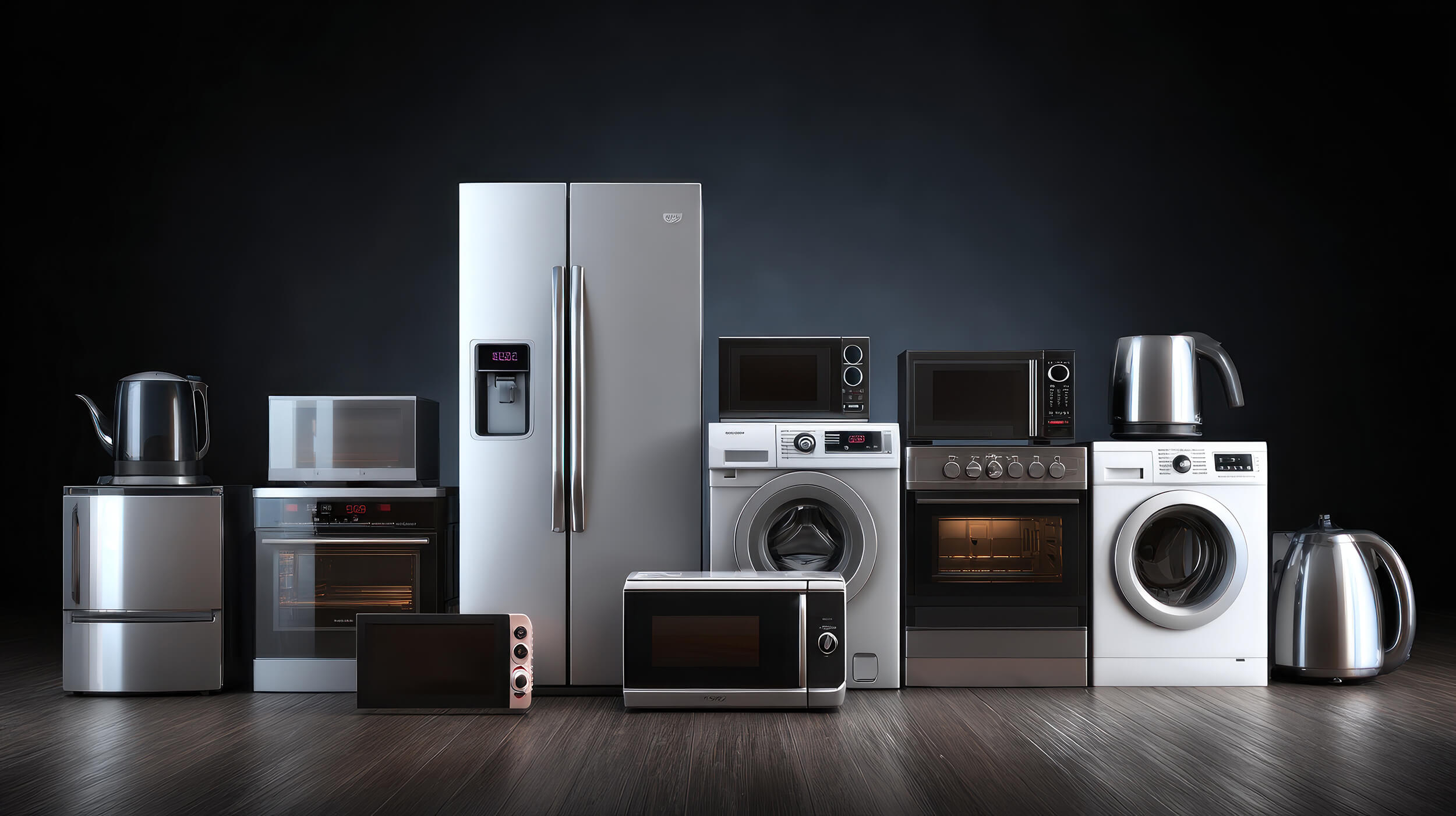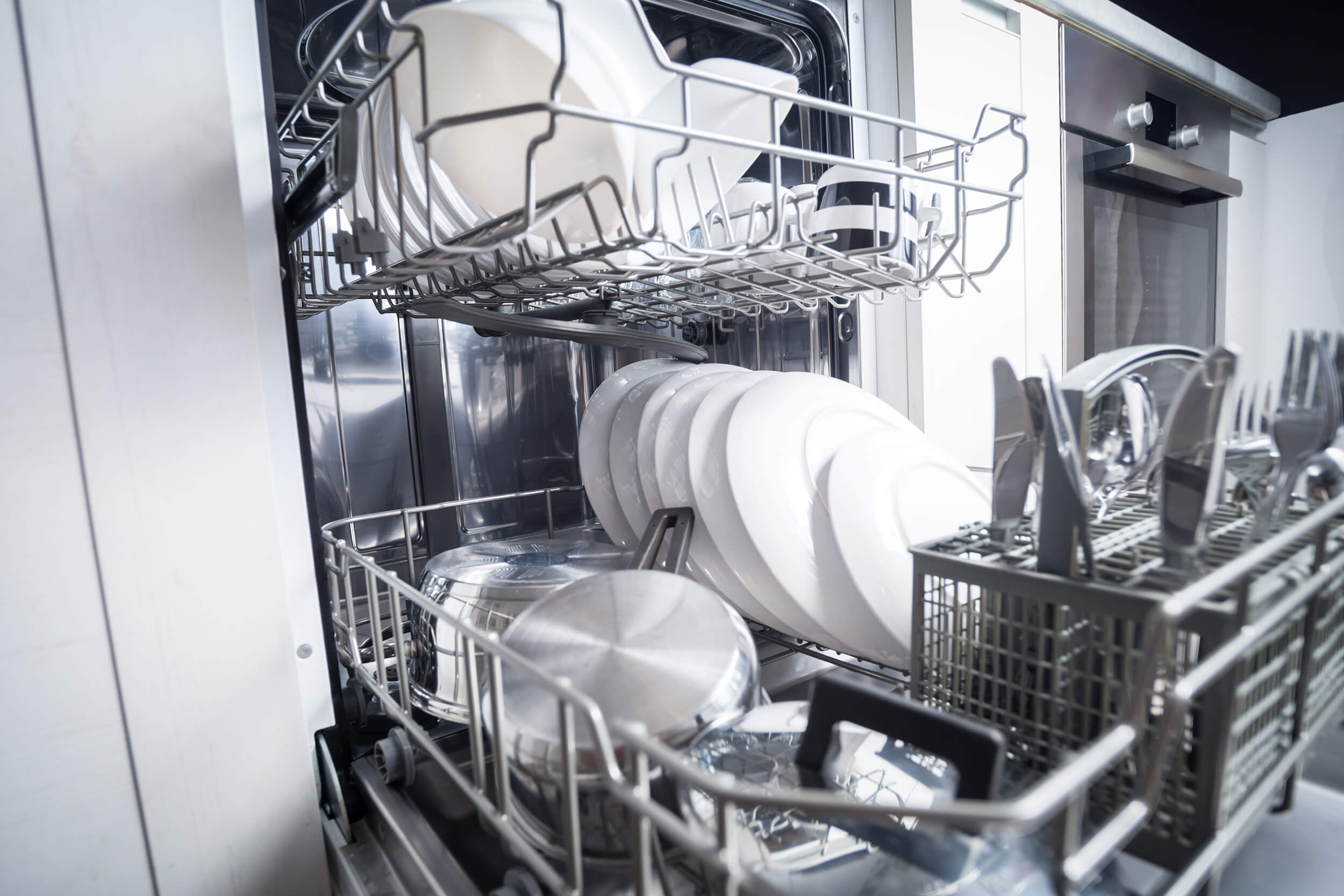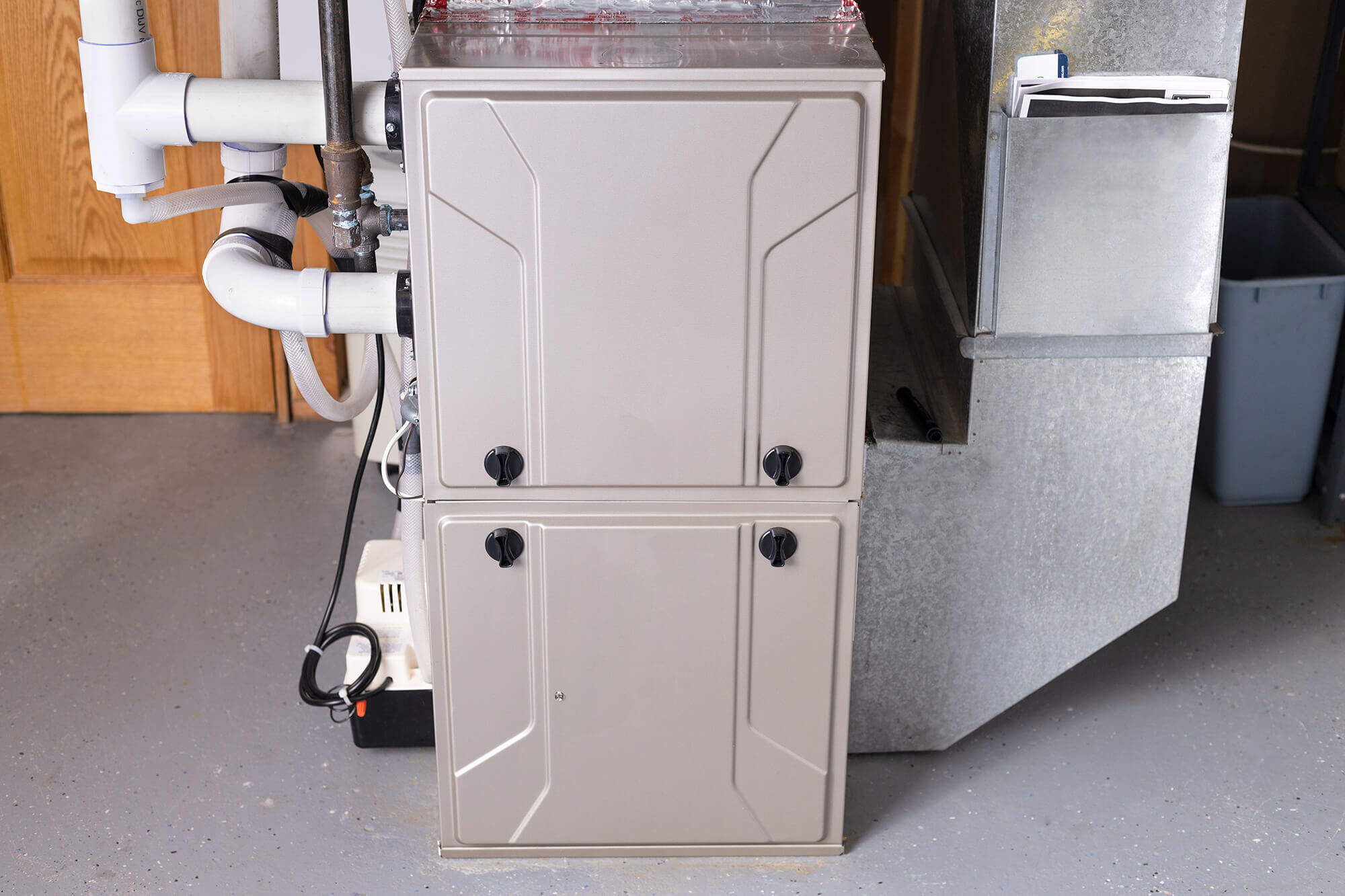
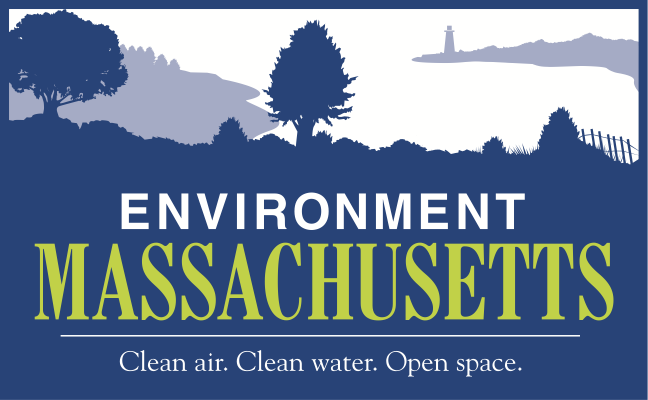
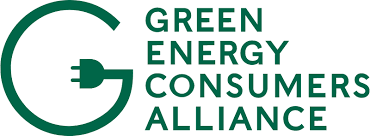
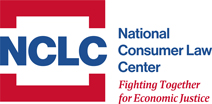
Contacts:
Marianne DiMascio, 603-340-1352, mdimascio@standardsasap.org
Charles Harak, 781-307-6775, charak@nclc.org
Ben Hellerstein, 914-420-9706, Ben@environmentmassachusetts.org
January 3, 2021
Coalition applauds inclusion of Energy SAVE Act in Climate bill
The climate bill reported out today by the Massachusetts Legislature’s Conference Committee will usher in new efficiency standards for 17 residential and commercial products including computers, water coolers, and commercial cooking equipment, saving consumers millions of dollars on energy and water bills and cutting CO2 emissions by thousands of metric tons. The standards are part of a broader climate bill that will grow the clean energy economy and ensure the reliability and affordability of our energy system.
If the bill is adopted by the legislature this week and signed by Governor Baker, Massachusetts will become the 9th jurisdiction to adopt efficiency standards since 2017. Adoption of appliance efficiency standards maintains Massachusetts’ position as a national leader in energy policies that both benefit the environment and consumers.
We are grateful to the Conference Committee for including these new efficiency standards in the Climate Roadmap bill. We also want to recognize our lead House and Senate sponsors, Rep. Josh Cutler and Sen. Jason Lewis. The appliance standards bill (the Energy SAVE Act) is a win-win-win policy for the Commonwealth. It reduces energy and water waste, reduces greenhouse gas emissions, and puts money back in consumers’ pockets. In 2025 alone, the bill will save consumers and businesses over $100 million and cut carbon dioxide emissions by 113,000 metric tons, an amount equivalent to taking 24,000 cars off the road.
Marianne DiMascio, State Policy Manager, Appliance Standards Awareness Project:
“Appliance standards are a simple, powerful, and proven tool to reduce needless energy waste to protect our environment and our pocketbooks. These recently updated standards could help propel Massachusetts back to the top energy efficiency state in the nation, a spot it held for 9 years before dropping into second this year behind California.“
Charles Harak, Attorney, National Consumer Law Center
"Standards make sure all appliances sold in the state meet a minimum efficiency level, which helps lower consumers' energy bills. Over the decades that standards have been in place, they have been particularly beneficial for low-income tenants, since appliances and equipment in rental units are often purchased by landlords who may not worry about the energy bills tenants will then have to pay."
Brynn Furey, Energy Conservation and Efficiency Associate, Environment Massachusetts
"When federal action falls short, Massachusetts is proving that forward-looking states will take the reins as best they can to advance energy efficiency. As state decision makers across America look to advance a clean energy agenda, we hope the commonwealth’s leadership on appliance standards will serve as a guiding light.”
Kai Salem, Policy Coordinator, Green Energy Consumers Alliance
“As an organization working with consumers, we know that standards can help homeowners and tenants alike save on their utility bills. Because we all have so many products and devices in our homes and businesses, advances in the energy efficiency of multiple products adds up to hundreds of millions of dollars in savings.“
